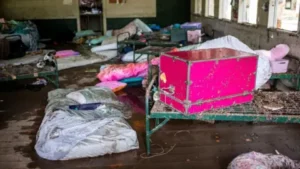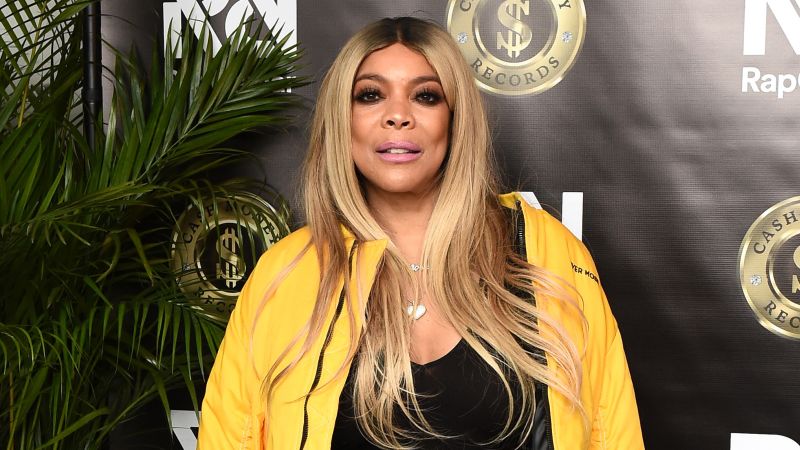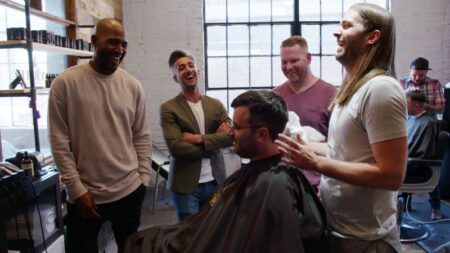Wendy Williams, the former talk-show host known for her bold personality and engaging interviews, is making headlines as she speaks out against alarming reports suggesting that she is cognitively impaired. Williams has been diagnosed with progressive aphasia and frontotemporal dementia, two serious conditions that impact cognitive function and communication abilities. During a recent interview on “The Breakfast Club,” she vehemently denied claims about her cognitive abilities, asserting, “I am not cognitively impaired.” Despite this declaration, she expressed feelings of entrapment, describing her current living situation as akin to being in prison, which raises substantial concerns regarding the management of her care.
During the interview, which aired on Thursday, Charlamagne tha God, a co-host of the show and a close acquaintance of Williams for two decades, underscored the troubling nature of her situation, suggesting that she is being taken advantage of by others. Williams articulated her frustrations about the living arrangements at the facility where she currently resides, indicating that the environment feels inappropriate for someone her age—she is currently 60 years old. “I feel like I am in prison,” she stated, highlighting the significant age gap between herself and many residents, who are predominantly in their 70s, 80s, and even 90s. Furthermore, she maintained that, despite her challenges, she continues to view herself as “sexy and gorgeous.”
Williams revealed that her living conditions are restrictive, with no opportunities for personal freedom. She complained about the inability to leave the premises or even have visitors, saying, “You can’t even leave and take a walk if you wanted to.” Accompanying her in the interview was her niece, Alex Fannie, who described her aunt’s situation as “a luxury prison.” Fannie detailed her recent visit, emphasizing the extreme security measures in place that humiliated her and presented obstacles to her simply checking in on her aunt.
The concerns extend beyond physical imprisonment; Williams has reportedly been deprived of communication with family and friends and restricted from accessing the internet. These limitations have fostered a sense of entrapment for Williams, further exacerbating her feelings of isolation. She described her existence within the facility as akin to being trapped in a conservatorship, an arrangement that has kept her from celebrating her birthdays with loved ones, leading her to characterize her experiences as “emotional abuse.”
This conservatorship was enforced by a court order in 2022, and Williams’s legal guardianship is currently managed by attorney Sabrina Morrissey. Williams’s niece has raised questions about the overall conservatorship system, calling for updated medical assessments that could potentially restore some independence to her aunt. Finnie articulated a heartfelt plea, stating, “All I’m saying is just treat the woman with dignity. And give her the freedoms that she deserves.”
Williams, once a leading figure in daytime television through her show, “The Wendy Williams Show,” which aired from 2008 until its abrupt end in 2022 due to her deteriorating health, has had a long struggle with various health issues. From an episode where she collapsed on set in 2017 due to an electrolyte imbalance to enduring serious medical leave to cope with Graves’ disease, her health challenges have been numerous. By 2021, she was unable to host her show throughout the entire television season, leading to its eventual cancellation.
Despite these trials, Williams’s presence and resilience continue to shine through as she strives to reclaim her narrative. Her story urges a conversation about the treatment of people under conservatorships and the need for balance between care and autonomy, especially for individuals who feel they are capable of managing their affairs. The narrative of Wendy Williams serves as a poignant reminder of the importance of dignity, respect, and the basic human rights everyone deserves, regardless of their health conditions.











